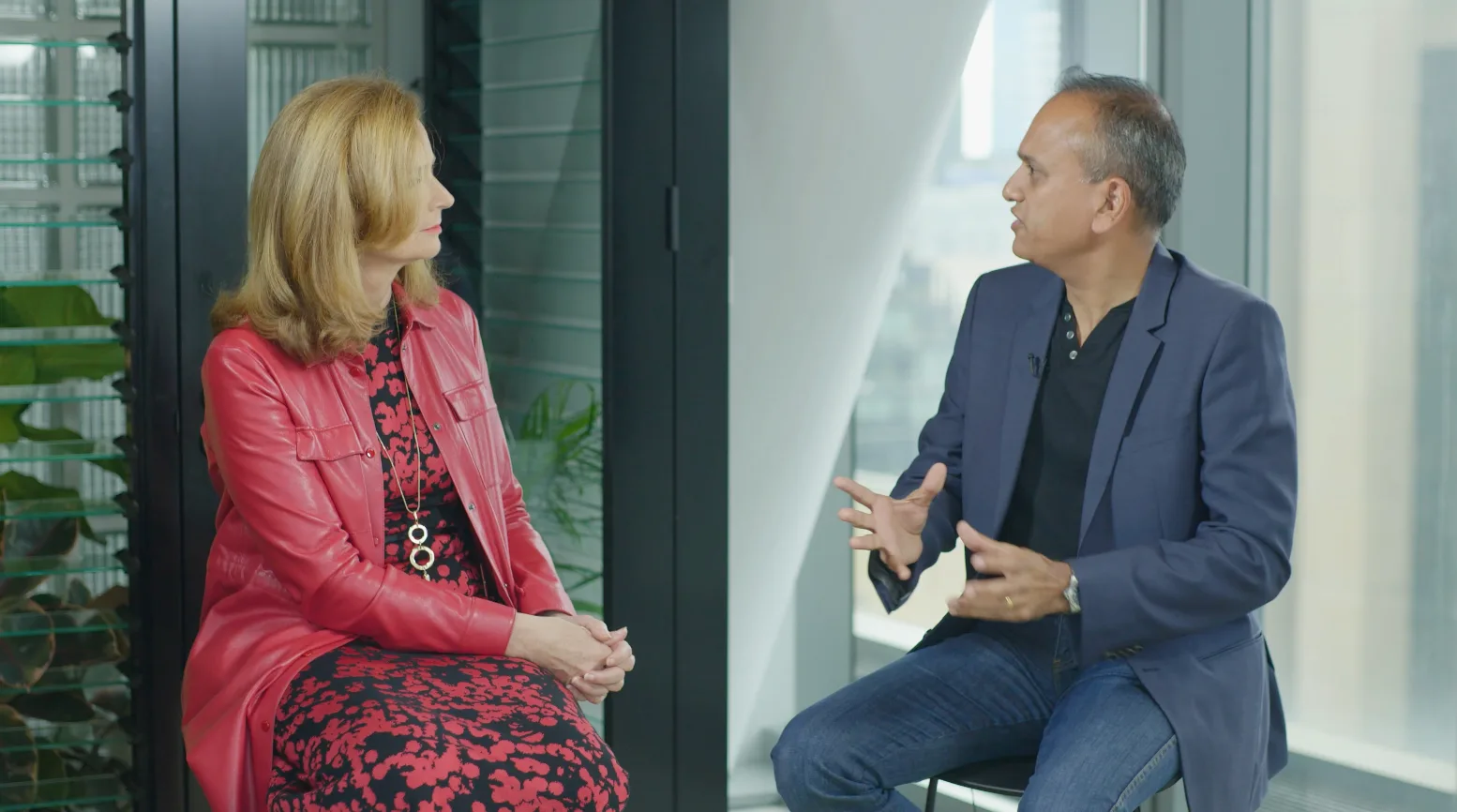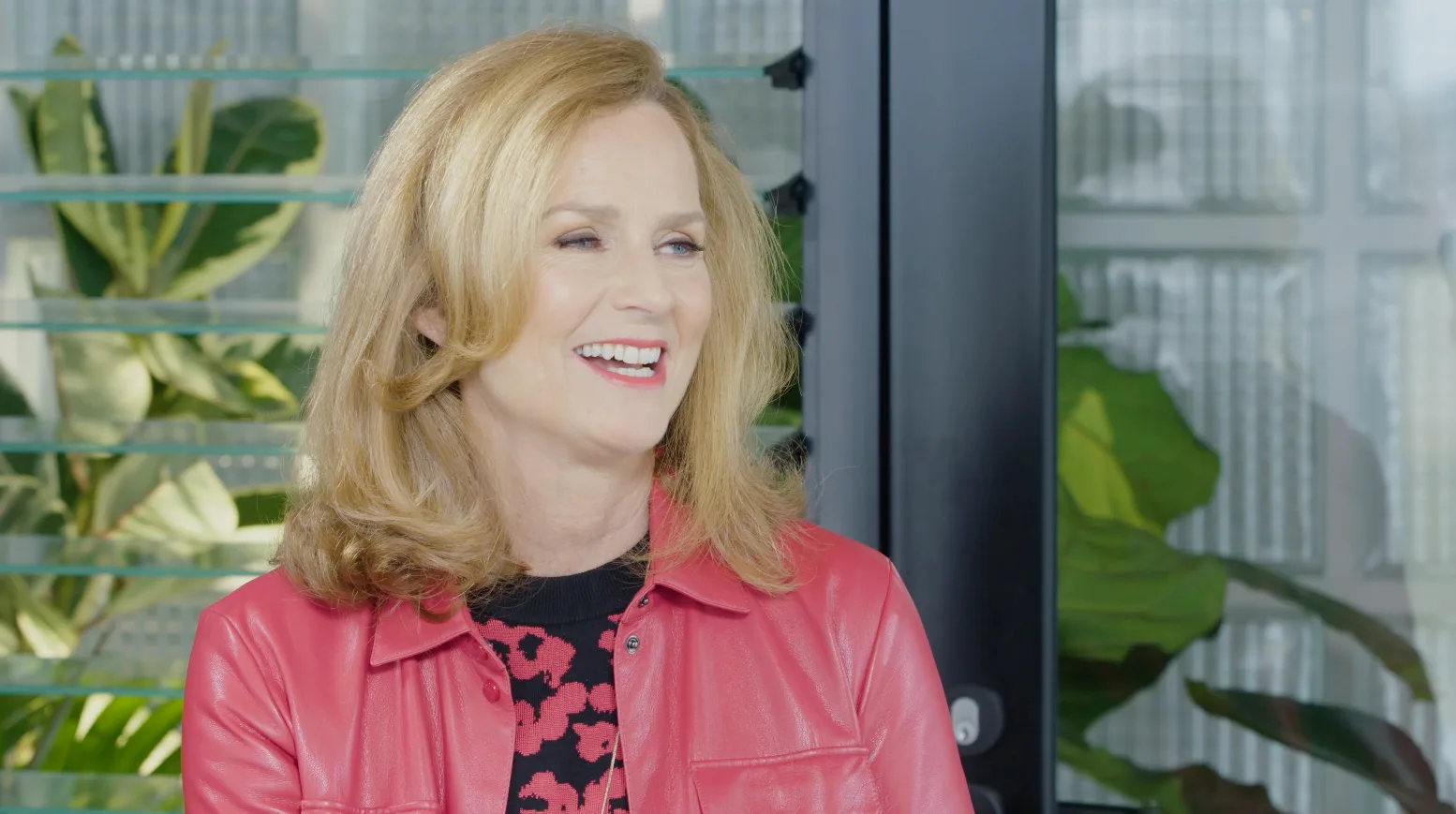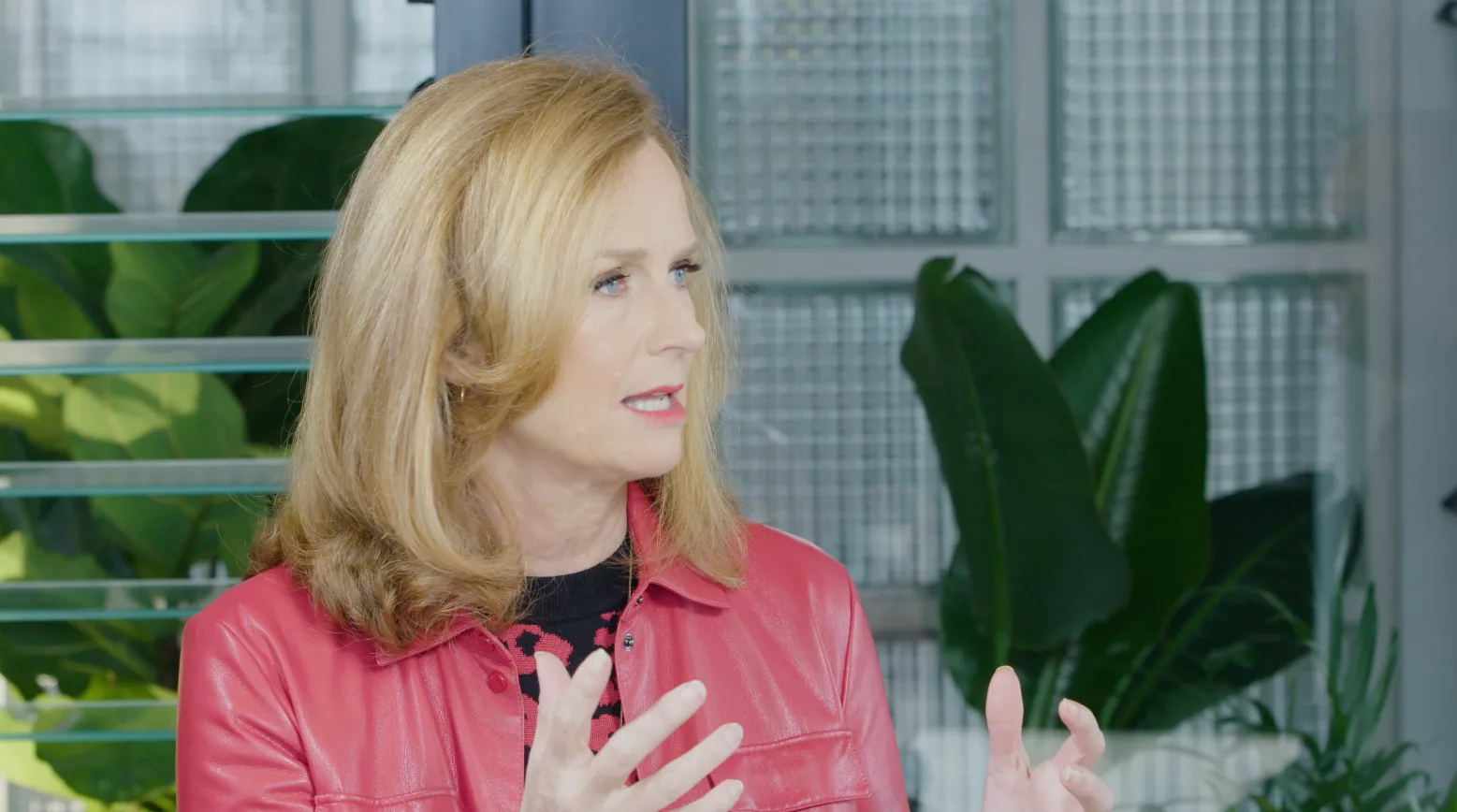Top talent has the power to transform your business completely. Top talent also contributes diverse thinking and ways of working. However, in a globally competitive environment, it is not only enough to attract the top talent; you also need a culture that develops and retains high performers. Traditional models of recruitment, performance conversations and working styles are long gone, so how can we go about rethinking them?

Attracting top talent: Unlocking potential
It should be no surprise to hear that attracting top talent is critical for any business success. Whatever your business is, and whatever your strategy is, having good people is absolutely core to your productivity as a business and the strength of your culture. According to McKinsey (Attracting and retaining the right talent, 2017) top talent can be more than eight times more productive, particularly for high complexity roles.
Productivity and efficiency are not the only benefits that can be realised from hiring top talent. Unlocking potential from a neurodiverse team will offer you different perspectives, ideas, and creative thinking. These uniquely human skillsets cannot be provided by streamlining processes or investing in new technology. Attracting neurodiverse talent gives you the best of the best, not just from top individual talent but also from a team working together to navigate and solve difficult and complex problems.
Attracting and recruiting top talent is incredibly competitive. You need the right people at the right time for the right role. You also need to be thinking ahead, mapping your recruitment strategy to your overall business strategy. Recruitment serves a dual purpose, fulfilling your needs for the here and now and building a pipeline of incredibly talented and dedicated people who align with your vision and values.
Attracting a neurodiverse team means that traditional processes of recruitment need to be re-evaluated. There are many ways to solve a problem and many ways of communicating an outcome. Asking great questions even from the start can give people the opportunity to showcase the best version of themselves.
"Even right at the beginning of a recruitment cycle be able to say, 'Now, how would this process work best for you? How will you show us how you're going to fit into our organisation and do your best work?'" – Naomi Simson
Some barriers to entry for some differently-abled or neurodiverse people have been reduced in the advent of remote and flexible working. By challenging our assumptions and biases right from the start, we avoid recruiting a team that looks and operates exactly like ourselves.
Reflection: When was the last time you re-evaluated your recruitment processes?

The past 18 months have catalysed global working trends. The gig economy, remote working, and flexible performance-managed roles are here to stay. The talent pool you can tap into (and your competition with it) is now truly global.


Developing top talent: Challenging people for greatness
Developing trust is key to embracing the increased transience, flexibility and adaptability of how we work. The first step in developing (and retaining) top talent is to develop trust. The second step to develop top talent is to challenge people for greatness. We can do this by asking fantastic questions. After all, you hire amazing people to do what they can do, not be told exactly what to do and when.
First: Developing trust
Let's get right to the root of the issue of why we don't or believe we can't trust. One of the biggest enemies to trust is fear. If you are afraid that your employee/team member will (a) let you down, (b) betray you, (c) lie to you, then this is an excellent opportunity to do some soul searching and ask yourself, "why do I feel this way?" Perhaps you have been let down in the past or have been betrayed. Maybe you've tried this flexible working before, and it didn't work – or perhaps you have a set of high standards for yourself that include multiple unwritten rules that you, and others, need to abide by.
"We have a framework by which we operate. We have a plan; we have a strategy, we have pillars; we have tactics. Ultimately, we have performance areas, but really telling somebody 'you take it this way and you do it that way,' is really uninspiring for anybody." – Naomi Simson
The core principles to developing trust mean being open, honest, consistent and accountable. It is a type of trust with boundaries and clear expectations. People are managed through relationships, not just through the process. Developing trust creates an environment of psychological safety that fosters different perspectives, ideas and creative thinking. Remember those? The uniquely human skills in which you hired the top talent in the first place.
Second: Challenging for greatness
Setting the bar high can be easy as a leader. But keeping that bar high is another thing altogether! Asking great questions and listening deeply is a way to understand what is going on when a standard is not met. As a leader, you are the one responsible for coaching your team to greatness. While you cannot force your team to do anything, you can inspire them to be the best version of themselves.
"Leaders should be listening far more than they're actually speaking. One way to do that is through asking amazing questions." – Naomi Simson
Example questions:
So, tell me _______. You've been working on this project. Is that your best work?
Are you able to recount to me your understanding of the brief?
What aspect of this work are you least proud of? Why? How would you do it differently in the future?
What skills do you have that you believe we could have made better use of?
Using these questions assists you in being able to diagnose (rather than assume) what the real issue is. After all, it could be you and your communication skills! Was it a misunderstanding of the work or timelines? Was it a resource or system constraint? Was it a skills gap?
Ultimately you want to find out what that person needs to ensure they can do their best work and whether they are able to do what is being asked of them (in the time, with their skills, or the impact of other life events).
If you ask great questions within the context of a trusting relationship, then that individual knows (a) you're for them; (b) they can be honest with you about what they can and cannot do and; (c) you won't accept anything less than their best.
Action: At your next one-on-one meeting with a team member, try and run the entire meeting by listening deeply and only asking questions.
However, there is one area in which all best coaching conversations may eventually fail. Nothing is more toxic than an individual who doesn't have the same fundamental values as the business. This is particularly noticeable if you are a micro-business. With only a few employees – they'd better be engaged and aligned!
Investing time to cultivate the right values within the working culture happens from the beginning, and anything that is misaligned with the desired business culture needs to be addressed as soon as appropriate. It's never about the person or their personality; it's all about the quality or timeliness of the work, the outcome.
"We don't like gossips and we don't like bullies... If you see those behaviours, you cannot walk past it. You got to say it in the moment." – Naomi Simson
Just as culture is built over several small conversations and moments of feedback and questioning, nothing can replace an intentional 1:1 conversation about performance, progress and potential.
This Conversations to Challenge for Greatness template will assist you in communicating the following with clarity:
Performance: employee expectations as an individual and within the broader business strategy
Progress: how their work meets these expectations and their potential. What are the blockers to progress? How can you (both) address these?
Potential: what is the untapped potential in this employee? What will bring out their best?

Retaining top talent: The four Ps of leading high performing teams
Naomi swears by the four Ps of leading high performing teams. Passion, Positivity, Persistence and Purpose. With leaders as the number one reason of setting culture and sustaining culture, they are also the number one influential factor in retaining top talent.
1. Passion
It all starts with passion. To identify passion is to identify the moments in life when you're "in the flow" and time just goes by. That level of energy is impossible to fake, and it is also incredibly attractive. Identifying what your top talent is passionate about will mean that you can craft a work role and environment that not only is attractive, but also brings about the best from that person.
2. Positivity
Your words have the power to create. They can create positive environments; they can create possibilities. If you have trouble speaking positively, decide now that you are going to choose to respond rather than react. If that means that you need to take time out – then do that.
3. Persistence
Commonly mistaken for being stubborn or "pig-headed", persistence is a different kind of beast. Unlike stubbornness, persistence may mean that you are constantly changing courses, listening and responding to others and the environment around you. However, like stubbornness – your vision remains constant as you continually pick yourself up and stay the course toward the vision.
4. Purpose
Purpose is absolutely fundamental to why you show up every day. Your purpose defines the vision that you cast with your team. Purpose reveals how you are going to leave the world a better place.

Final thoughts
Unlocking the potential of your top talent can start from day one. It’s a win-win situation when you are happy and your employees are happy doing meaningful work that taps into their unique skills and experience.
The process starts with self-reflection and assessment. We are all individually responsible to make the changes we can in a positive direction. Whether that’s asking better questions, calling out behaviour that is misaligned to the values, or the power of positive speaking. Each of these small actions amounts to big changes in attracting, developing and retaining top talent.



